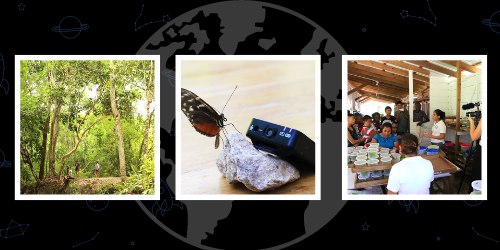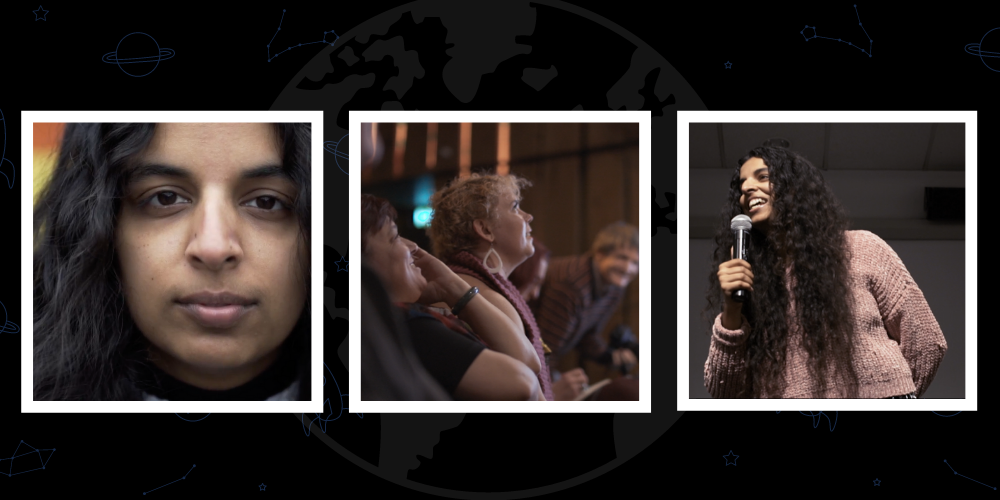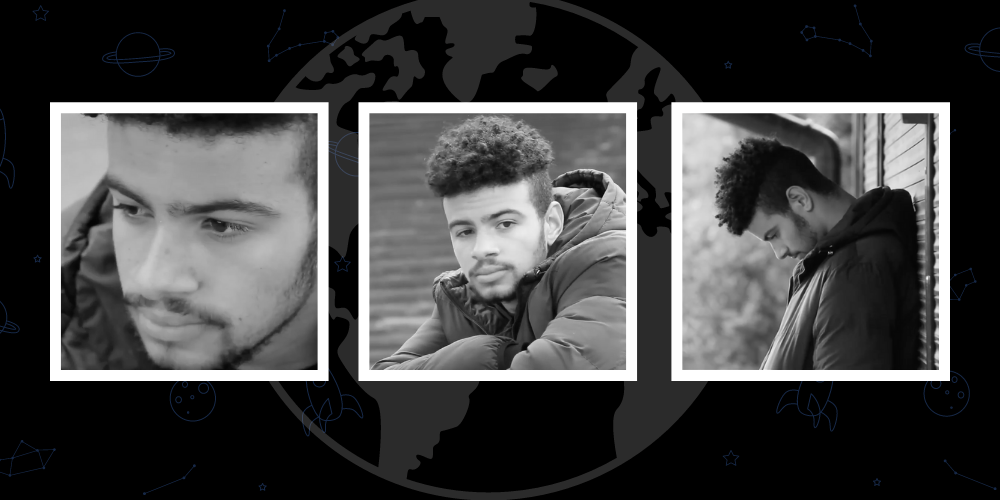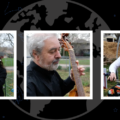This month audiences can screen The Butterfly Effect on the Planet Classroom Network. This film is curated for the Planet Classroom Network by Planet Classroom.
As deforestation and climate change disturb Belize’s critical rainy season, an organization works to educate kids on the importance of preserving the rainforest and especially the importance of butterflies.The Butterfly Effect is a film from Director Kate Boylan-Ascione.
This highly acclaimed short reinforces the urgent need for climate change education and allows youth to grow up with a comprehensive understanding of the challenges to our natural environment.
The Global Search for Education is pleased to welcome Director Kate Boylan-Ascione.
Kate, what strategies do you think we can use to enlist more support for restoring our rainforests?
Largely, it is not a matter of getting people to care about reforestation; it is about getting people to consider the long term loss over the short term economic gains. It is crucial that we reframe our value systems to consider the ongoing and multifaceted advantages of a healthy rainforest ecosystem, whether it be social, economic or environmental. In order to do this, we need to have a greater understanding of how we already benefit from our rainforests everyday, as well as how we can improve our own lives and communities by forming a greater connection to, and awareness of, how our ecosystems function and provide value. We can begin this process today by simply getting to know the plants in our local areas.
Do you think there is a way for children to retain the important lessons they are taught over the long term? Many kids are taught the importance of specific things at a young age but fail to adhere to what was taught when they get older.
While information retention can be a challenge for both young and old learners, what tends to stick in the malleable minds of children are experiences. Experiences, hands-on learning, and the continued application of knowledge learned is what can really impact learning retention over the long term. By providing children experience-based learning opportunities, we can increase the chances of children carrying these lessons throughout their life.
Other than attempting to stop deforestation and setting up butterfly ranches, are there any other ways we can protect particular species of butterflies?
The thing about butterflies, and all life for that matter, is that they are connected through ecosystems, both at a local and global scale. What we do to preserve one species will benefit the survival of all species. By being mindful of preserving insect habitats in your own backyard, you are making a difference around the world. This is especially true for migratory species like the monarch butterfly, often seen as a mascot for the lepidoptera family. Planting butterfly host plants and scheduling regular working bees is a fantastic way to protect particular species of butterflies in your local community. It is this kind of direct action that creates opportunities for not only these species to thrive, but also community members to learn about the scientific knowledge of the plants and their many First Nations uses, and ultimately build a greater appreciation of our environment. A school yard can be the perfect place to set up these gardens; with plenty of hands to help and hungry minds, there are a plethora of creative opportunities to educate younger generations on the diverse benefits and immense value of a healthy, functioning ecosystem.
Was your decision for the video’s title a quick one, or did it come to you progressively?
Titling this film felt like a no-brainer. Deforestation has a ripple effect. Educating young minds also has a magnifying impact. The Butterfly Effect felt like the perfect descriptor for our core message: Your impact, however small, matters.
Thank you Kate!
C.M. Rubin and Kate Boylan-Ascione
Don’t Miss The Butterfly Effect, now streaming on the Planet Classroom Network. This film is curated for the Planet Classroom Network by Planet Classroom.







Recent Comments